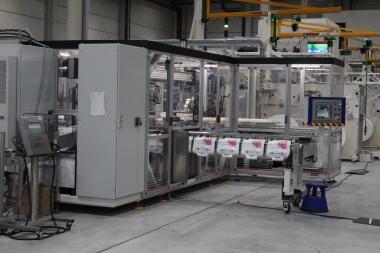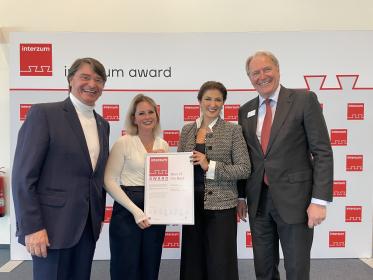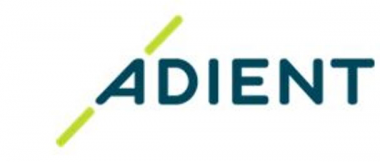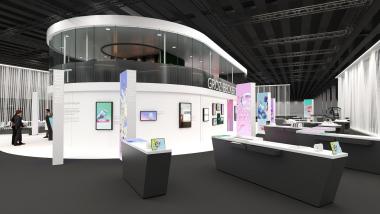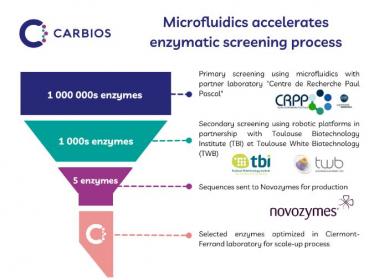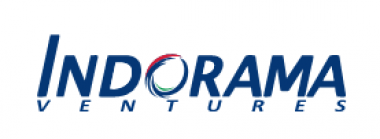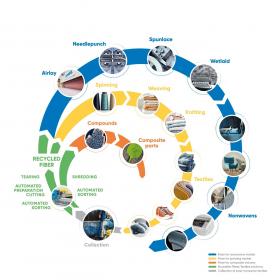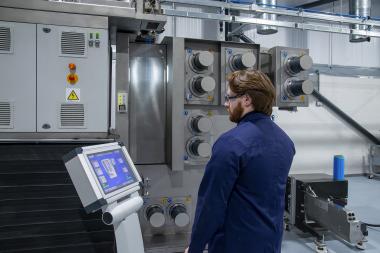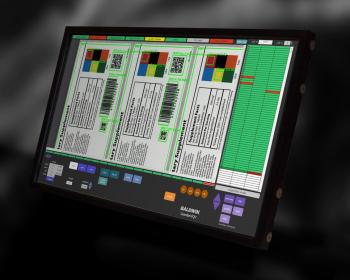DyStar launches Eco-Advanced Indigo Dyeing
DyStar, a specialty chemical company, announces its latest innovation, Eco-Advanced Indigo Dyeing.
The launch of DyStar’s Eco-Advanced Indigo Dyeing aims to reduce water usage by up to 90% and energy consumption by up to 30% during the production process. The new DyStar’s Eco-Advanced Indigo Dyeing is applicable in the Indigo traditional dyeing process, for Sulphur dyes, and colored Denim. The technique of sustainable indigo dyeing has already been proven to reduce substantially the effluent load in Denim production.
DyStar’s eco-friendly indigo dyeing process is recognized for helping customers deliver better consistency in quality while achieving less wastewater treatment in the effluent.
DyStar








